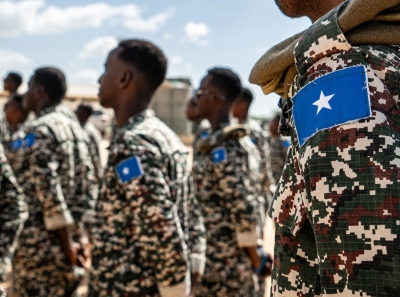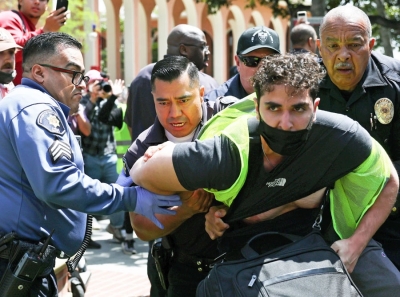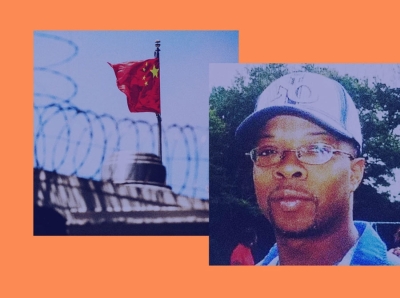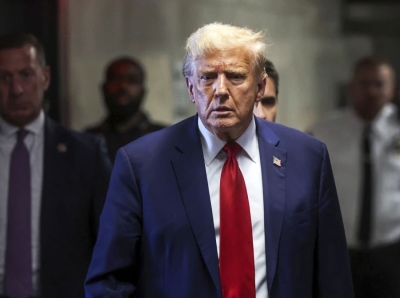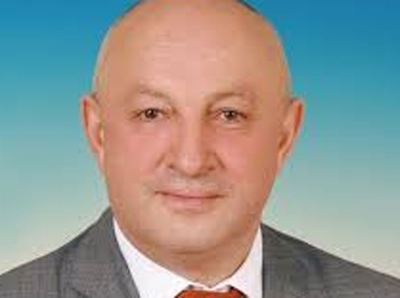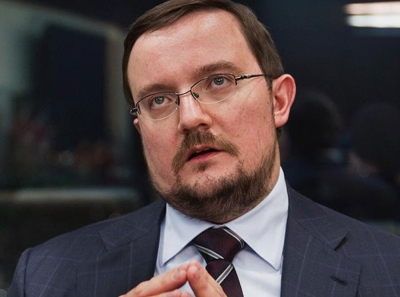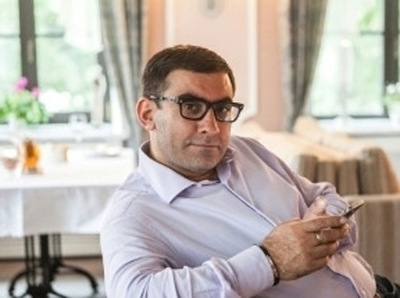G20 in India: one big family?
The G20 Summit will take place in India this weekend under the motto One Earth, One Family, One Future. In reality, however, the format is suffering as a result of global crises and tensions: Russian President Vladimir Putin is only sending a representative and China’s head of state Xi Jinping has cancelled his participation altogether. Commentators shed light on the lines of conflict.
A farce without China and Russia
This G20 is all about PR for the host, La Repubblica scoffs:
“Xi Jinping will not come to Delhi, nor will Vladimir Putin, lest he be arrested. So it is to be feared that this global ‘big family’ that Modi is promoting will not present a joint communiqué for the first time since the G20 was founded in 1999. ... Will this be above all an image victory that tells the world of Indian cities without slums, without poor people, without annoying macaques or stray dogs? ... Image counts, after all, and a lot, especially for a government that can derive important electoral benefits from this prestige in 2024. Though perhaps less so for those displaced in the course of this expensive ‘beautification’ campaign.”
Growing rivalry
Le Monde interprets Xi Jinping’s absence as a message to India:
“It is the first time that Xi will be absent from a G20 summit. Beijing has not given an explanation for this absence. Is this to avoid a meeting with Joe Biden, whom it is due to meet at the Apec leaders’ meeting in November in San Francisco? ... Is Xi focusing on domestic problems instead? Or does he want to show the host, Narendra Modi, who calls the shots in Asia? This latter explanation, which is set against the backdrop of rivalry between the two Asian giants for leadership of the ‘Global South’, obviously has many supporters. The rivalry between Beijing and Delhi was already palpable at the Brics summit at the end of August, which Xi completely dominated.”
Time for a more critical view
The West should not close its eyes to India’s undemocratic side, warns The Guardian:
“Narendra Modi is an authoritarian figure who, as India’s prime minister since 2014, has pushed his country into increasingly becoming a ‘de facto ethnic democracy’, in which Hindus define the national identity and non-Hindus are seen as second-class citizens. ... Mr Modi’s dangerous majoritarianism is too easily overlooked by the West, as the G20 glad-handing will show. ... The West thinks that it must keep stumm because it needs India to contain China. But at what cost to democracy and human rights?”

